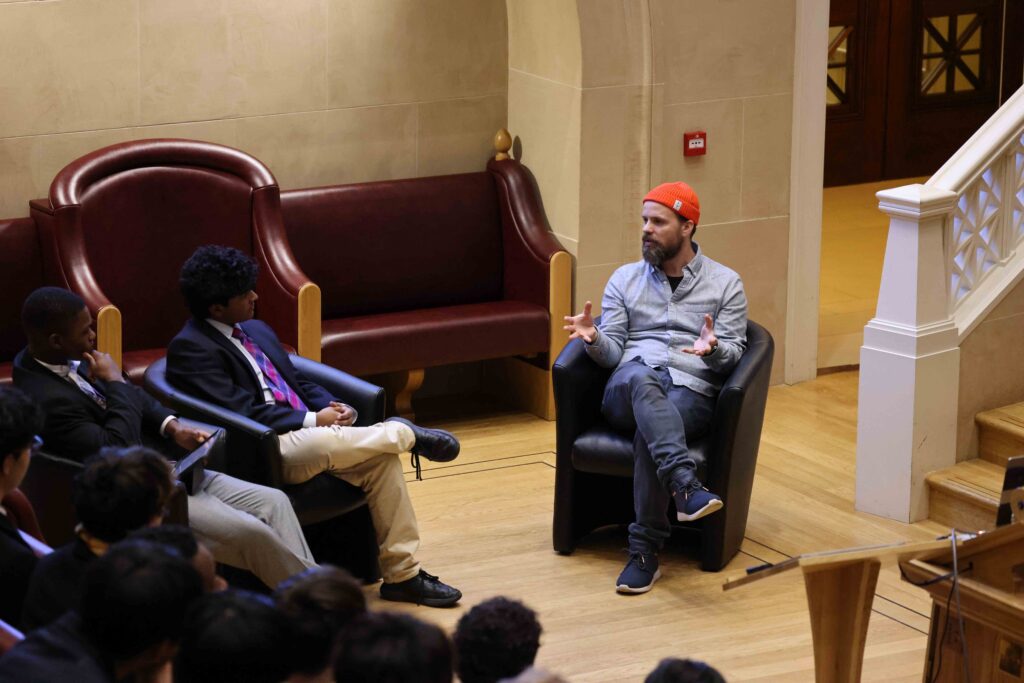Martial Arts play an important role in my life. Not only do they improve self-discipline, but they also enable greater spiritual awareness and create a positive team spirit.
What do Martial Arts look like at Eton?
Eton offers a wide range of Martial Arts. From full-contact kickboxing, with practice sessions crammed with sparring when you reach a certain level, to Kung Fu routines that develop your co-ordination, boys are able to master the skills of self-defence and kicks that look like they have come out of the movies! Gymnastics and trampolining are also available at Eton under the Martial Arts umbrella, and these work to improve your skills as you become increasingly more flexible.
At Eton, Martial Arts are often more of a fringe hobby for boys, accompanying their main sports of football, rugby, cricket, hockey and tennis. However Martial Arts have a lot to offer when it comes to countering the potentially negative side effects of today’s online culture. Recent research reported by The Telegraph shows that ‘millennials’ are unhappier than any other generations in the past 25 years. This is due to loneliness and turbulent friendships, as well as social media, which often encourages obsessive behaviours around appearance and body image. Martial Arts can be a helpful antidote.
Why should boys get involved in Martial Arts?
Martial Arts benefit boys at Eton in 3 major ways. Firstly, they teach us how to control our own behaviour. Regular practice helps to control one’s emotions, desires and reactions. Martial Arts teach us to think before acting, to regulate our movements, and focus on action, rather than reaction.
Secondly, Martial Arts are beneficial in improving and stabilising your mental health. In the UK, approximately 1 in 4 people experience a mental health problem each year, with 1 in 6 people experiencing a common mental health problem (such as anxiety and depression) in any given week according to Mind UK. With mental health conditions accounting for ‘16% of the global burden of disease and injury for people aged 10-19 years of age’ (World Health Organisation), good metal health for children is key. Martial Arts can help to resolve this problem. A key teaching point of Martial Arts is ‘mindfulness’, which helps students to lead a calmer, less stressful life. This reduces the impact of turbulent friendships and enables practitioners to appreciate life in all of its celebrations and challenges. Martial Arts also insist that one pay close attention to one’s body, which ‘strengthens the connection between areas in your brain related to focus and those that process reactions to stress’ (New York Times).
Finally, Martial Arts foster self-confidence and positivity. Low self-confidence is a serious issue that can have significant and long-term negative effects on a person’s life. The Do Something charity estimates that around 20% of teenagers will experience depression before they reach adulthood due to low self-confidence. Martial Arts combat this by trusting students to learn self-defence moves and techniques which help students to become independent decision-makers. Martial Arts also depend on teamwork, as students engage constantly with each other they learn how to interact with anyone no matter of their age, background or ability. The fact that you can measure your progress in Martial Arts with the belt system allows for a real sense of accomplishment at the end of a challenging session in the dojo!
For more information, visit the dojo or read about our findings below:



